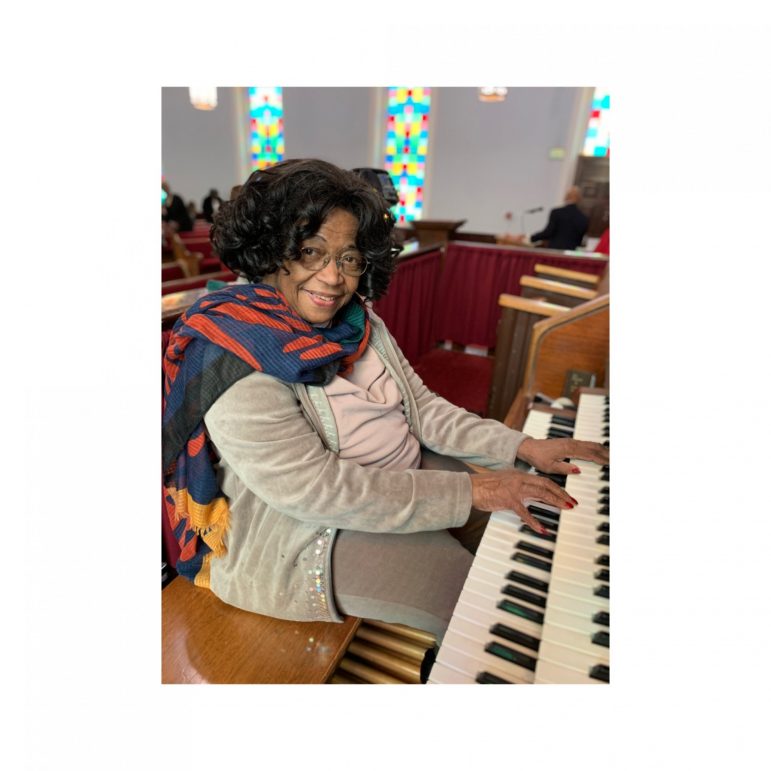A few blocks away from the state capitol stands Dexter Avenue King Memorial Baptist Church. The congregation is made up mostly of senior adults. And in the organist pit wearing a tan velour track suit sits 84-year-old Althea Thomas.
In the summer of 1955, Thomas got a phone call from a young reverend — a call she says was unexpected.
“He called me and said that we need an organist. He paid me a very fine compliment he said, ‘You have been enthusiastically recommended.’ And I’m saying ‘Who is this?”
On the other end of the line was Martin Luther King Jr. Thomas says once she heard his name, she knew exactly who he was. King was making his mark as a dynamic preacher and an influential leader in the civil rights movement.
She was studying music at Alabama State University. Her professors, who were members of the church, recommended her. She accepted the job and started soon after.
It was December of that year when Rosa Parks kept her seat on a bus, a move that sparked controversy and led to the Montgomery Bus Boycott. Thomas remembers her family friend, civil rights leader E.D. Nixon calling on leaders like King.
“Nixon was galvanizing the black people to do something peacefully to show that there was some disagreements with the way blacks were being treated on the buses and everywhere else with the segregated water fountains.”
The Montgomery Bus Boycott bolstered King’s activism in the civil rights movement. Thomas played at a few of the mass meetings King led at Dexter Avenue.
She was a fly on the wall as leaders planned their next moves. Thomas experienced plenty of racism herself.
“As a young person growing up in Montgomery, in the South, in America, I was victimized many times by the old segregationist attitudes,” she says.
Decades later, she still plays every Sunday in the same church. Rev. Cromwell Handy, the pastor at Dexter Avenue, says Thomas is a pillar of history. Her music keeps them connected to the past.
“She is an awesome outstanding musician. She does a wonderful job and she helps us bridge the gap between the time when Dr. King was here and where we are today.”
Thomas still writes and teaches music to the church’s youth. Recently, two of her smaller fans surrounded her in the organist pit.
You might think a church organist would love gospel music, but not this one.
“It’s not my genre,” she says. She prefers “the European style of music, the religious classics.”
Thomas’ parents were both musicians. They taught her at a young age. But she says God called her to play music. And King literally called her to play at Dexter Avenue.
As people across the world pay homage to Martin Luther King Jr. today, Thomas shares a memory of him.
“I remember him as I knew him as a very gentle but very forceful person. He was never one to raise his voice and yet everything he said had a quiet kind of significance that was so loud that you couldn’t miss it.”
Thomas doesn’t have any pictures with King, only memories. She missed the photo ops because she was sitting where she is every Sunday, behind the organ.

